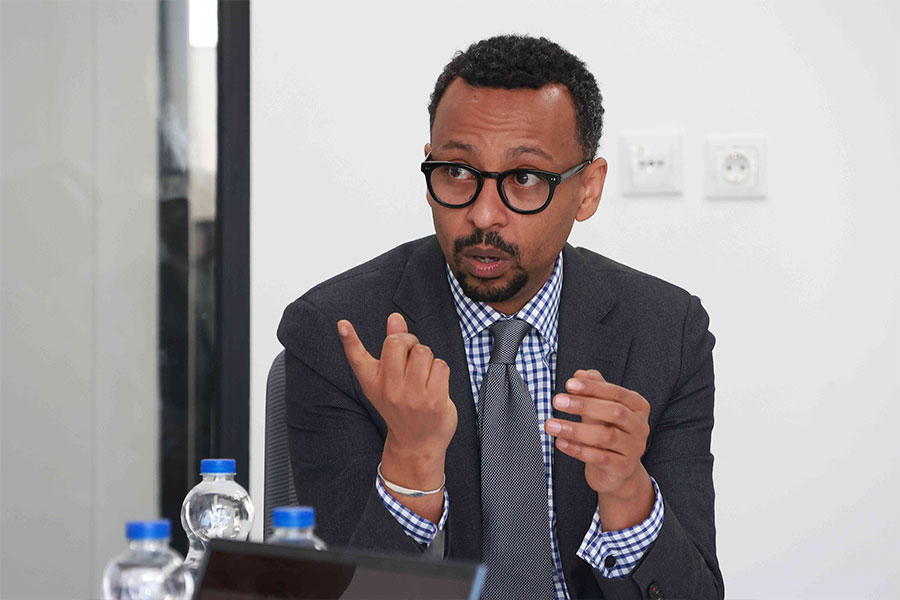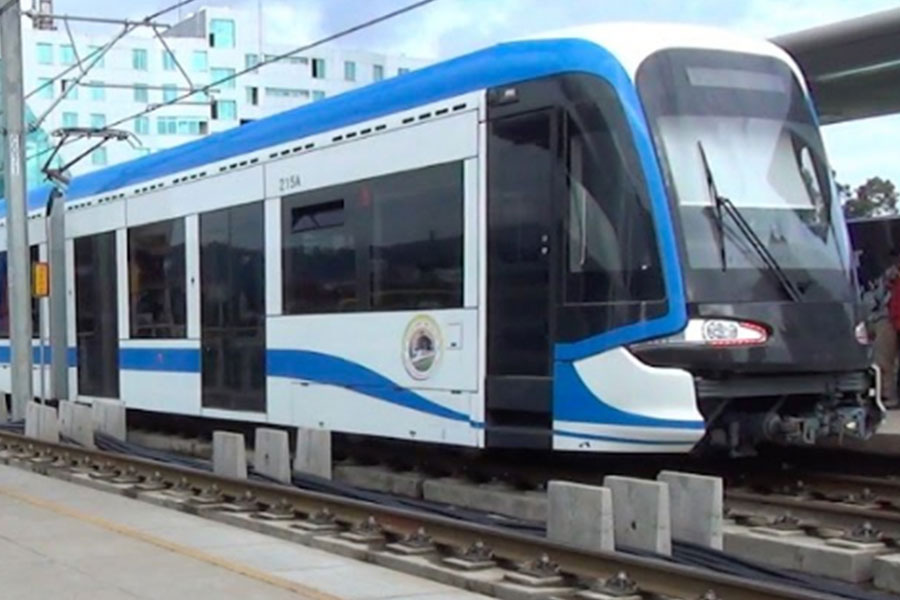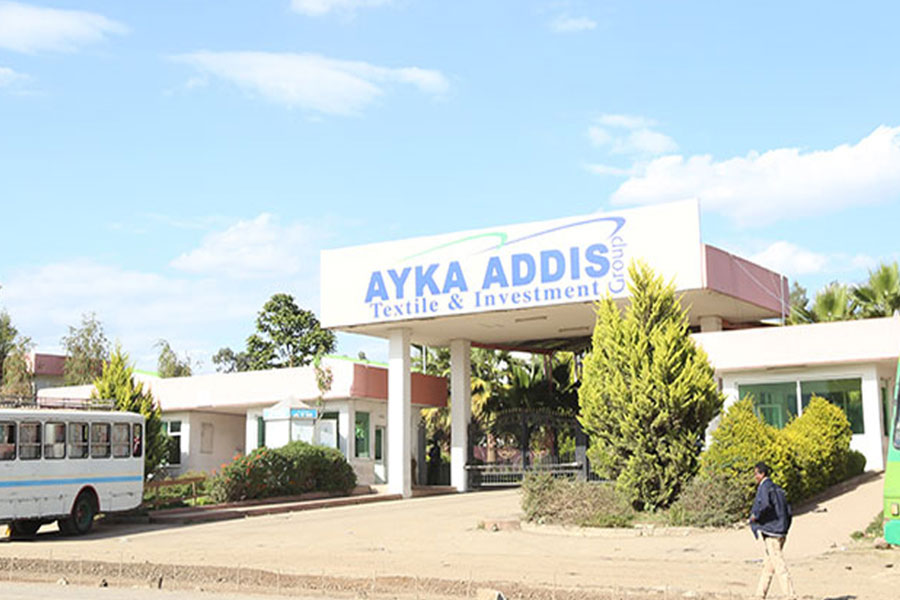
Fortune News | Oct 28,2023
Apr 20 , 2019
By TEMESGEN MULUGETA ( FORTUNE STAFF WRITER )
The Oromia Regional Government, Water & Land Resource Centre of Addis Abeba University and Nestle Waters Ethiopia launched the second phase of a project for landscape management in Sululta.
The objective of the project is to prepare a water resource management plan for the Upper Suluta Watershed. The plan will address the impact of rapid growth of agro-industrial and urban settlement areas on the watershed and develop a sustainable program that addresses the local communities, the climate and the watershed.
The goal of the integrated landscape management plan is to conserve and develop a sustainable socio-ecological landscape for Sululta to secure the livelihoods of small farmers, rural and urban households and the private business sector, according to Gete Zeleke (PhD), director general of the Centre.
The study was financed by a 3.5-million-Br grant from Nestle Ethiopia, a joint venture between Nestle Waters and the owners of Abyssinia Springs, whose product is sourced in Sululta. The research, which took two years to complete, was conducted by 20 researchers and surveyors.
Among the major findings of the study were weak institutional capacity, absence of linkages between rural and urban areas, environmental degradation, urban expansion and flooding.
To address this problem, the study recommends an integrated management plan over the course of 15 years with a budget of 70 million dollars. Project management and scientific monitoring are estimated to cost 14 million dollars. The sources of the fund are expected to be private investors, development partners and the local government.
“We have abundant land resources, but there is a problem of utilisation,” said Rosa Umer, mayor of Sululta. “We are working to solve these problems.”
Sululta, which covers 14,000ha and has a population estimated to be 52,126 in 2016, is expected to exceed 100,000 in the next decade.
A controversy had arisen recently over the use of land resources in Sululta, a part of the Oromia Special Zone, over houses the town’s administration deemed were illegally built and need to be demolished to make way for development projects.
“Houses will be cleared for this project,” said Rosa. “Only if the owners of the properties have title deeds will compensation be made.”
An expert applauds the integrated landscape management project.
Human interventions have to be harmonious with nature, and this will minimise the side effects, according to Aziza Abdulfetah, lecturer and chairperson of Landscape Architecture at the Ethiopian Institute of Architecture, Building Construction & City Development.
“Although such progressive projects can end up with people being displaced, we have to create a win-win situation,” she said.
PUBLISHED ON
Apr 20,2019 [ VOL
20 , NO
990]

Fortune News | Oct 28,2023

Fortune News | May 15,2021

Fortune News | Sep 18,2021

Radar | Jun 24,2023

Radar | May 23,2021

Fortune News | Aug 24,2019


Viewpoints | Apr 22,2023

Commentaries | Aug 28,2021

News Analysis | Apr 27,2025

Dec 22 , 2024 . By TIZITA SHEWAFERAW
Charged with transforming colossal state-owned enterprises into modern and competitiv...

Aug 18 , 2024 . By AKSAH ITALO
Although predictable Yonas Zerihun's job in the ride-hailing service is not immune to...

Jul 28 , 2024 . By TIZITA SHEWAFERAW
Unhabitual, perhaps too many, Samuel Gebreyohannes, 38, used to occasionally enjoy a couple of beers at breakfast. However, he recently swit...

Jul 13 , 2024 . By AKSAH ITALO
Investors who rely on tractors, trucks, and field vehicles for commuting, transporting commodities, and f...

Oct 25 , 2025
The regulatory machinery is on overdrive. In only two years, no fewer than 35 new pro...

Oct 18 , 2025
The political establishment, notably the ruling party and its top brass, has become p...

Oct 11 , 2025
Ladislas Farago, a roving Associated Press (AP) correspondent, arrived in Ethiopia in...

Oct 4 , 2025
Eyob Tekalegn (PhD) had been in the Governor's chair for only weeks when, on Septembe...